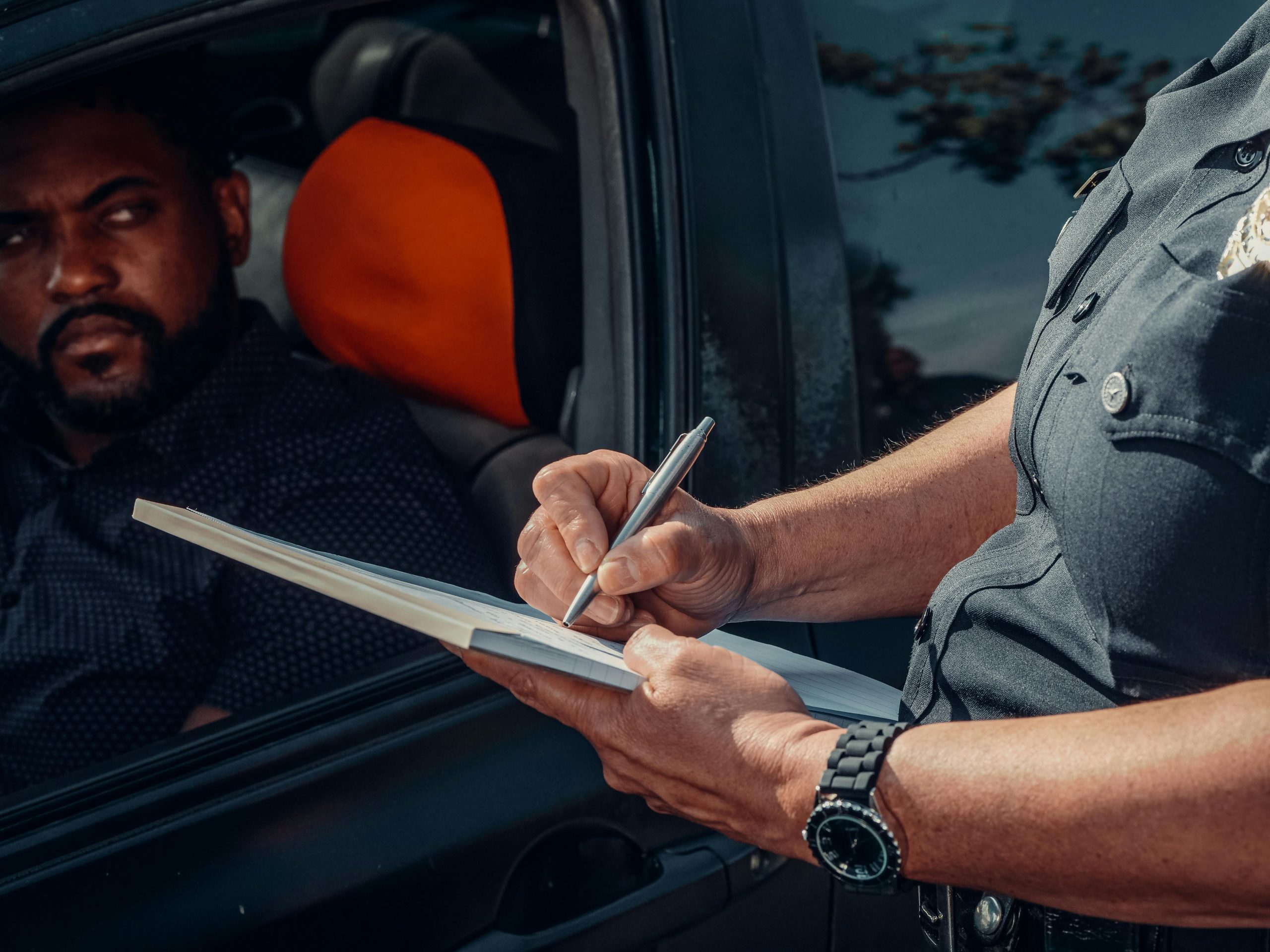Handling a Vehicle Accident Involving an Uninsured Driver: Essential Guidance for Drivers
Facing a minor car accident caused by an unlicensed, uninsured driver can be stressful, especially when the damage is minimal but the circumstances are complicated. If you’ve been rear-ended under such conditions, understanding your options and the appropriate steps to take is crucial. Here’s a professional overview to help guide you through this situation.
Understanding the Incident
Recently, I was involved in a minor collision—rear-ended by a driver who was unlicensed, unregistered, and uninsured. The damage is limited to a scratched rear bumper, and fortunately, there were no serious injuries. The event occurred on a Saturday, and I have recorded video footage capturing the incident, including the license plate, the faces of the driver and passenger, and clear photos of the vehicle damages. The other driver has provided a contact phone number and an acquaintance’s photo ID of the passenger.
Key Concerns and Next Steps
-
Timing for Insurance Claims and Private Settlement
-
Claim Submission Deadlines: Typically, insurance policies require claims to be filed promptly. While specific deadlines can vary, it’s advisable to notify your insurer as soon as possible to avoid complications. For GEICO, the general rule is to report accidents promptly, even if you plan to settle privately.
-
Exploring Private Settlement: If you’re considering settling directly with the other party, you can notify your insurer of the incident without immediately filing a claim. This approach may allow you to explore settlement options without impacting your policy, but confirm this with GEICO directly. Keep detailed records and document all communications for future reference.
-
Collision Deductible Waivers for Uninsured Drivers
-
Eligibility: Many insurance policies, including GEICO, provide collision coverage with a deductible that the insured must pay upfront. However, if the at-fault driver is uninsured and cannot be identified or held liable, you may qualify for a deductible waiver under certain circumstances. Review your policy or speak with your insurance representative to confirm if you qualify and understand the specific process involved. This typically requires providing evidence of the incident and efforts to identify the responsible party.
-
Impact on Insurance Premiums
-
Long-term Effects: Even if you are not at fault, insurance companies sometimes consider at-fault and claim history when adjusting premiums. In situations where the other driver is uninsured and you have documented evidence of your innocence, your insurer may not raise your rates. However



